One key question to understand is this: what should I pray for? This is key because God will not give us what we pray for, no matter how long and hard we pray for it, if it is not part of His glorious and perfect will.
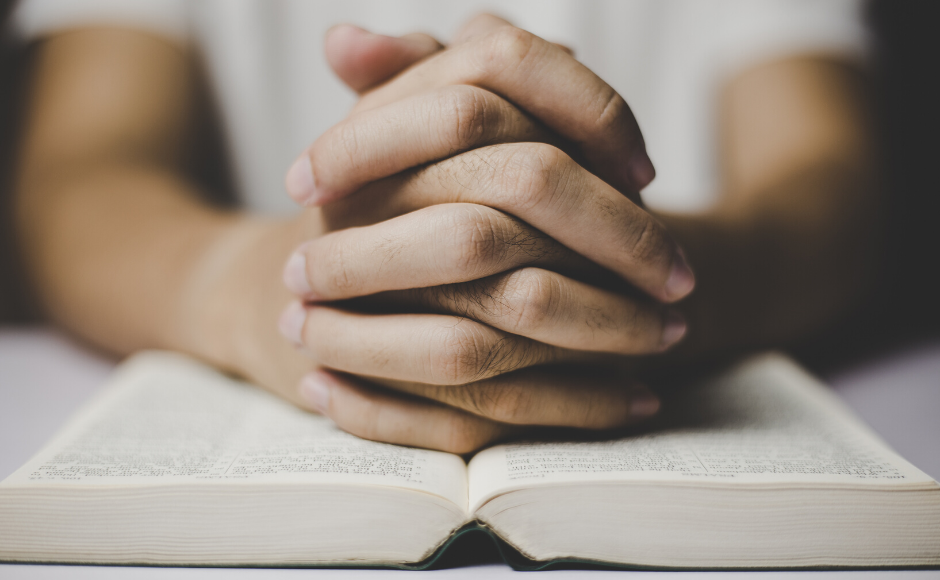

One key question to understand is this: what should I pray for? This is key because God will not give us what we pray for, no matter how long and hard we pray for it, if it is not part of His glorious and perfect will.
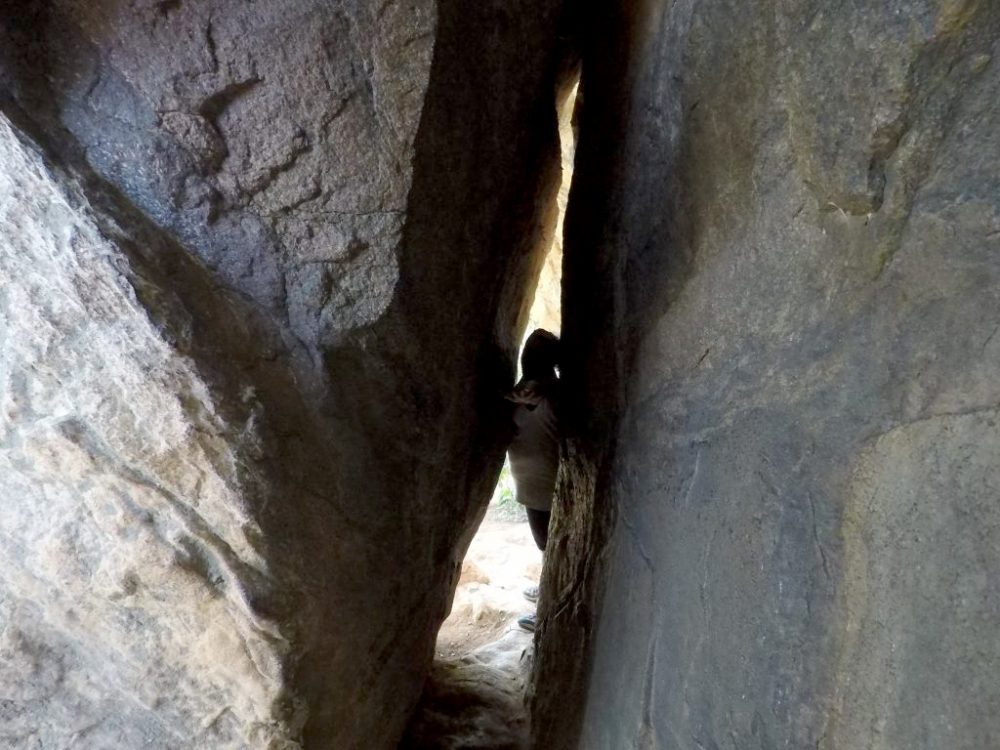
To sin against the Holy Spirit is to voluntarily close one’s heart and make it impermeable to the action of grace.

There are different ways of praying: verbal prayers, short and lengthy prayers, reading the Bible, praying the Psalms and so on. Even work and suffering can become prayer and bring us to a close relationship with God and fellow man.
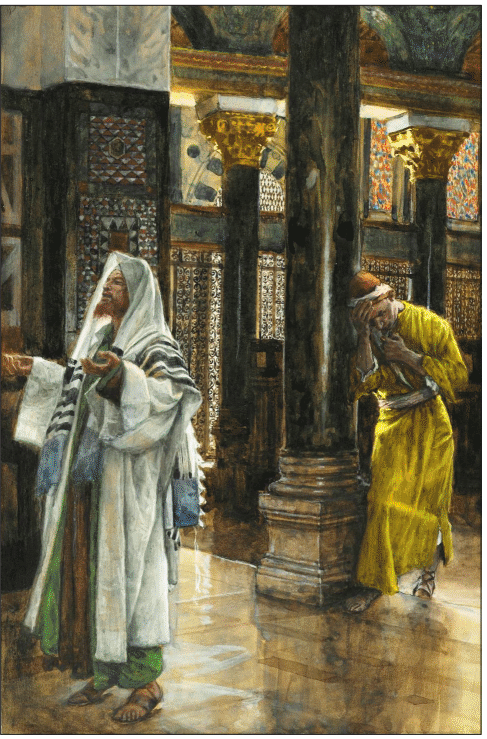
Unless we acknowledge our failings and rely on God to help us, we will never be able to turn our lives around and conquer the adverse life circumstances we once chose for ourselves. In God’s eyes, there is no man who is not redeemable. It is we who need to take the first step toward Him in humility.
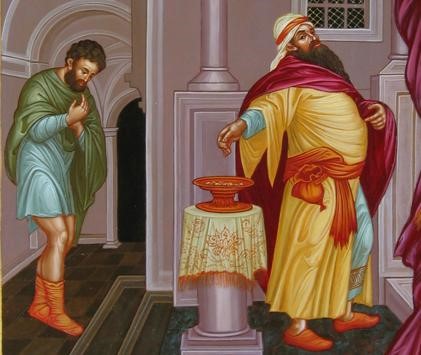
The humble, repentant sinner has greater value in the eyes of God than the egotistical Pharisee, who has a high opinion of himself and assumes that he merits rewards from God just because he follows a formula for righteousness recommended to him by his religion.
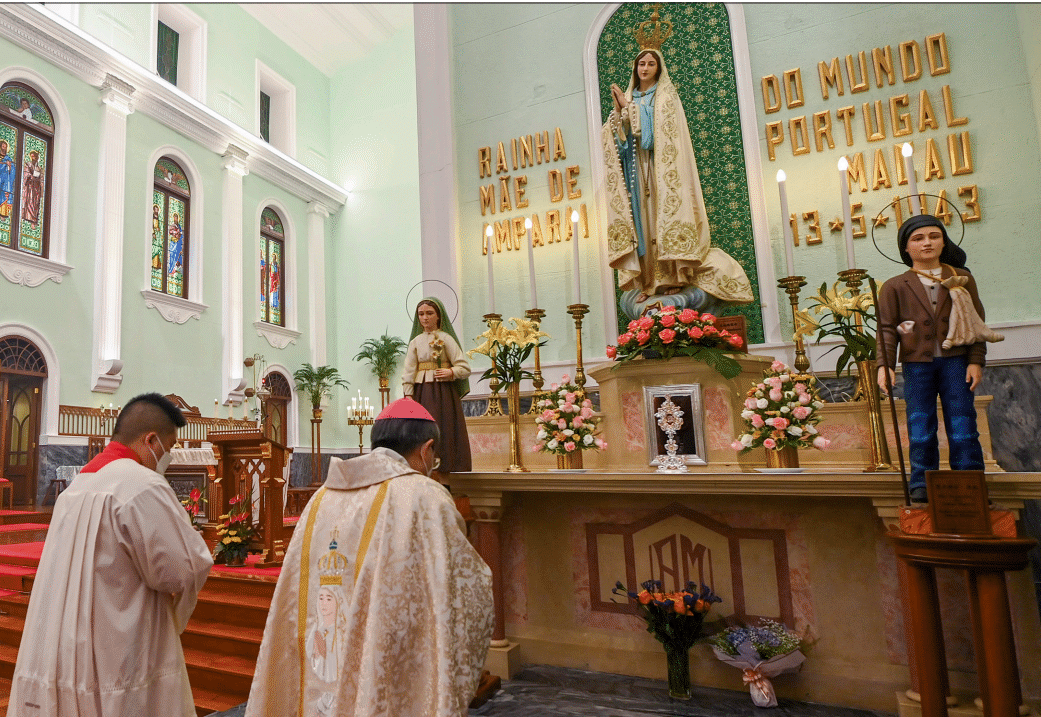
First, it was the Church of Our Lady of Fátima, then the Cathedral of the Nativity of Our Lady. The Bishop of Macau, D. Stephen Lee Bun-sang, presided over the installation ceremony of a set of relics of Saint Jacinta and Saint Francisco Marto on October 13th. The sacred objects – fragments of the coffins in which the seers of Fátima were buried – were brought to Macau by Carlos Anok Cabral. A member of the Brotherhood of Our Lady of the Holy Rosary of Fátima, Mr. Cabral visited Cova da Iria with the purpose of collecting a set of relics, returning to Macau with the same. A renowned Macanese chef, Carlos Cabral spoke with O Clarim about the way the process unfolded.
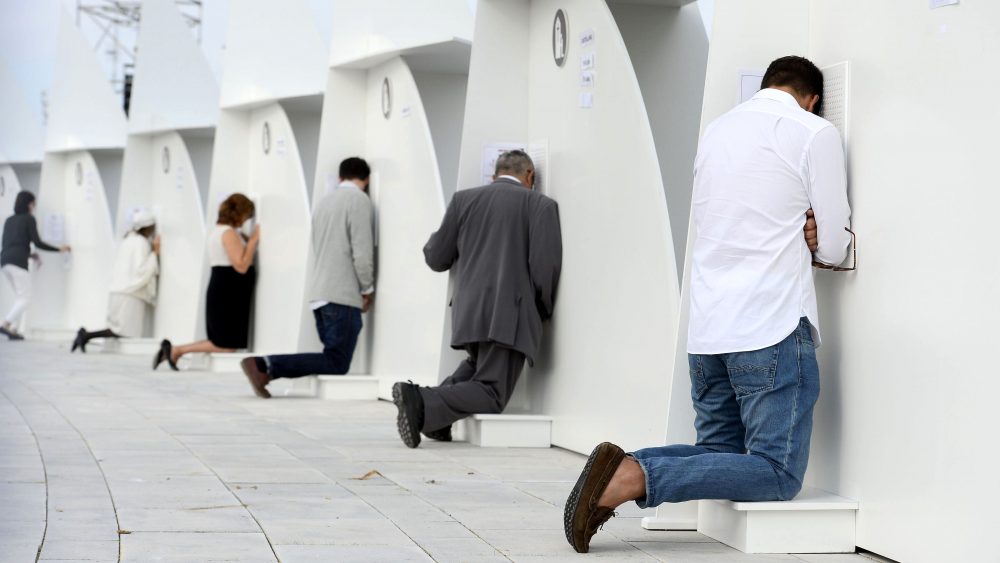
Saint Augustine wrote: “While he is in the flesh, man cannot but have at least some light sins. But do not despise these sins which we call ‘light’: if you take them for light when you weigh them, tremble when you count them. A number of light objects makes a great mass; a number of drops fills a river; a number of grains makes a heap. What then is our hope? Above all, confession (In epist. Io. 1, 6).”

The Macau Ricci Institute organized its annual symposium late last week. The event was held once again exclusively in a digital format, and it addressed the impact that the Covid-19 pandemic had on the relationship between China and the rest of the world.
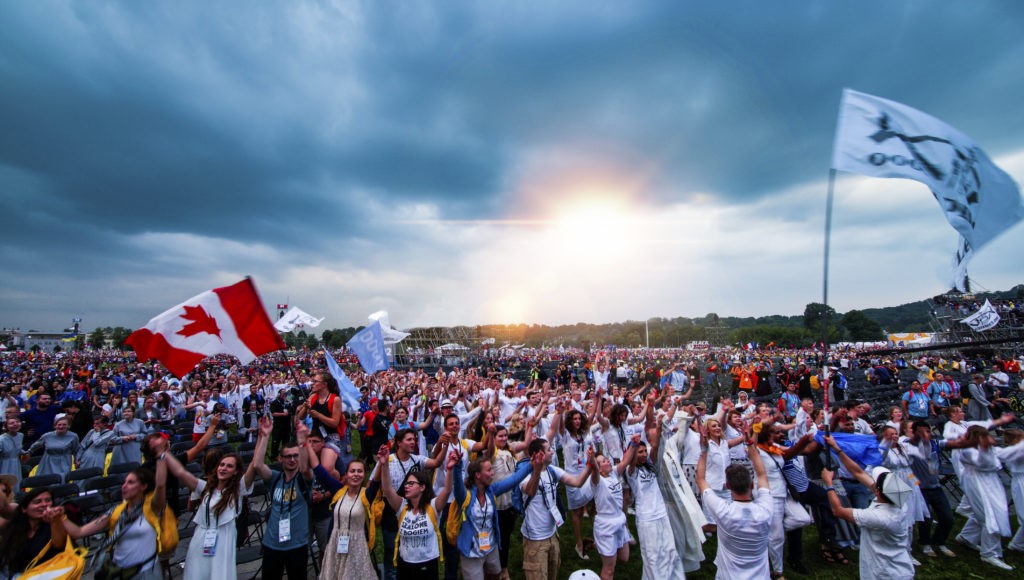
Diocesan Youth Commission Deputy Director Tammy Chio is currently in Portugal to attend a preparatory meeting convened by the organizing committee of next year’s World Youth Day. Macau’s participation in the event, which takes place in Lisbon from 1st to 6th August 2023, seems to be well underway. A final decision, nonetheless, should be announced next summer. The last word remains with the Macau government and the anti-Covid policies still in place.

We must pray always and continuously if we are to see any perceptible change in the world and in ourselves. It is not that God does not hear us when we pray sometimes. It is just His way of encouraging us to begin the change within ourselves first.